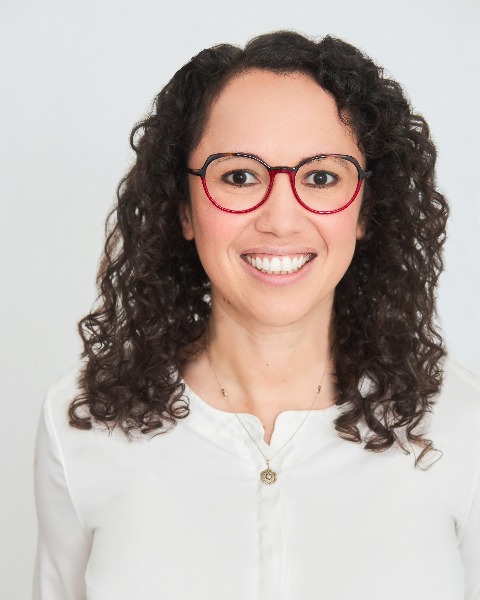Public Health & Prevention
Public Health & Prevention 2
95 - Health Profile of Afghan Pediatric Refugees Re-settled to Philadelphia in 2021-2022 through Operation Allies Welcome
Publication Number: 95.15

Iris Carolina Navarro Mendez, MD
Resident
Albert Einstein Medical Center.jpg)
Jeremy Hassan, MD
Resident PGY-2
Einstein Philadelphia
Philadelphia, Pennsylvania, United States
Presenting Author(s)
First Author(s)
Background:
Approximately 84,600 Afghan refugees resettled in the United States through Operations Allies Welcome. Most families were evacuated in a tumultuous manner experiencing displacement and family separation. Little is known about the physical and psychosocial health needs of this vulnerable population. Our findings will increase awareness among Pediatricians regarding unique needs of refugee Afghan children and adolescents.
Objective: To assess the physical and psychosocial healthcare needs of newly arrived Afghan refugee children and adolescents.
Design/Methods: We conducted a retrospective chart review of patients 0-19 years who re-settled to Philadelphia from Afghanistan with ≥ 1 outpatient visit at the Einstein Pediatric New Arrivals Clinic, a medical home for refugees during August 2021- August 2022. During encounters, patients were screened for medical conditions using Centers for Disease Control and Prevention domestic refugee guidance. Psychosocial needs were assessed. Evacuation process, family separation, and delayed access to healthcare were recorded. Video interpreters were used for all encounters. All data was extracted from the electronic medical record.
Results: 121 patients were included 55 % male, 74 % aged 1-11 years (table 1). Primary languages included Pashto 51 % and Dari 32 %. 73 % of parents and 90 % of children did not speak any English. 37 % of parents had no formal education, and 30 % had college degrees. 25 % of refugees had malnutrition, 32 % elevated lead, and 74 % dental caries (table 2). 27 % reported ≥ 1 chronic medical condition. Infectious treatable conditions included schistosomiasis 6 %, strongyloidiasis 8 %, latent tuberculosis 7 %, and 2 cases of cutaneous Leishmaniasis. 79 % of families were displaced to ≥ 1 transit countries, with 36% living on military bases on US arrival. Family separation was experienced in 93% (14 % nuclear). Main mental health symptoms reported were poor sleep, low energy, and behavioral concerns. 21 % experienced delayed medical care. Families with parental low English proficiency or low educational level were more likely to experience delayed healthcare access (table 3).
Conclusion(s): Our study highlights the high prevalence of medical, infectious disease, and mental health conditions as well as social stressors among recently arrived Afghan children and adolescents. Families experiencing separation and displacement will require continued access to healthcare, advocacy and psychosocial support.
.png)
.png)
.png)
